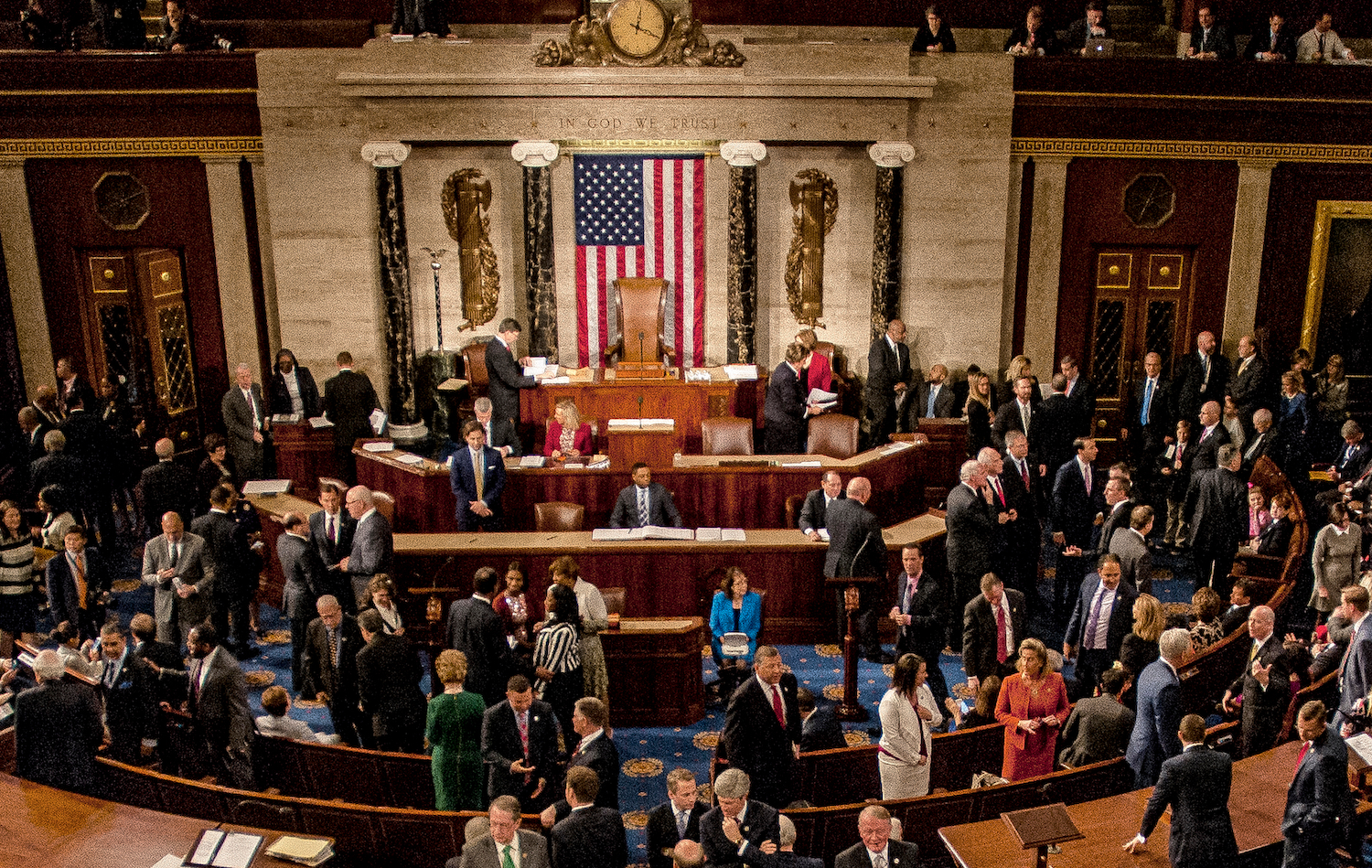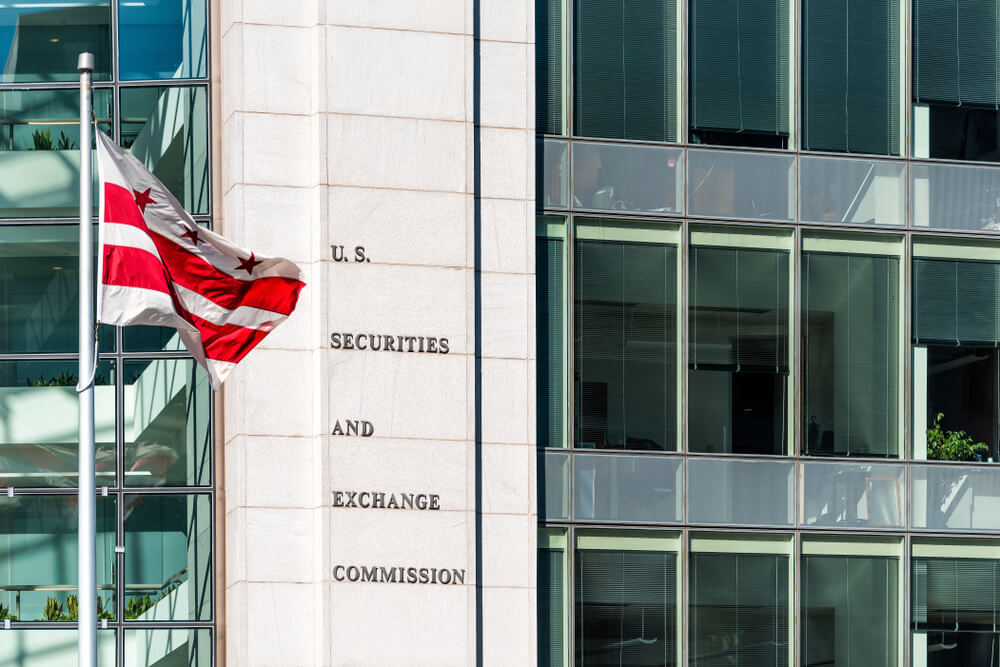Public policy and regulatory action have helped accelerate and catalyze the flow of private capital for public good for decades. The historic regulatory moment we find ourselves in, marked by significant movement on landmark policies, calls for attention and action from actors across the impact investing ecosystem.
Below are specific opportunities to raise your voice and help shape regulations that will impact the future of our field.
Disclosure of sustainability issues
The Agency: U.S. Securities and Exchange Commission (SEC)
U.S. climate disclosure. The SEC’s proposed corporate climate disclosures would mandate enhanced climate-related disclosures by public companies, helping ensure investors have clear, consistent and comparable disclosures of climate-related risks and impacts.
- What impact investors should focus on. Public comment letters should seek to strengthen the case for these disclosures, including data and evidence of how investors will use the information, and their alignment with the SEC’s mission to “protect investors, maintain fair and efficient markets and facilitate capital formation.” Read more perspectives from the field on the SEC’s rulemaking.
- Hot button issue. Scope 3 greenhouse gas emissions have received a lot of attention, with some calling into question the SEC’s authority to require disclosures on indirect emissions. Investors should emphasize the importance of Scope 3 as a major source of decision-useful information.
- How to get involved. It is critical the impact investing community demonstrates strong support for the SEC’s proposal during the public comment period. To submit an individual comment on the proposal by the June 17 deadline, follow this guidance on suggested topics and complete this comment form, or send an email to [email protected] with your comments attached. Include File Number S7-10-22 in the subject line. Organizations can also sign onto field efforts, such as those led by Americans for Financial Reform or Ceres.
Workforce and diversity disclosure. Next up on the corporate disclosure agenda, the SEC is expected to introduce human capital management disclosures. That includes material factors related to a company’s workforce composition, compensation, health and safety, and diversity practices.
- What impact investors should focus on. Investors should consider advocating for a rule that calls for a variety of quantitative and qualitative metrics, such as those detailed in the Human Capital Management Coalition’s framework.
- How to get involved. The Alliance and B Lab have organized a joint letter encouraging the SEC to move forward with this rulemaking as soon as possible. Consider signing on and signaling your support to the agency.
ESG fund transparency. The latest development within the SEC’s broader disclosure agenda is a pair of proposed rules that would 1) enhance requirements and disclosures for funds and advisors that incorporate ESG factors into their investment strategies, and 2) prevent misleading or deceptive fund names. The proposals respond to concerns of greenwashing as investor demand for ESG products has grown exponentially.
- What impact investors should focus on. Stakeholders should pay particular attention to the SEC’s categorization and disclosure requirements for “integration funds,” “ESG-focused funds” and “impact funds.”
- How to get involved. Comment periods will be open for 60 days following publication in the Federal Register.
The Institution: International Sustainability Standards Board (ISSB)
Global sustainability/climate disclosure. The ISSB is a new body within the International Financial Reporting Standards Foundation, which sets global accounting standards for over 140 jurisdictions around the world (not including the United States, which accounts according to the U.S. Generally Accepted Accounting Principles, or GAAP).
Following the SEC’s climate disclosure proposal, the ISSB released dual standards frameworks on general sustainability disclosures and on climate-related disclosures. The rules will help facilitate global disclosure convergence, equipping investors with more consistent and comparable data about climate-related risks and impacts.
- Why this is important. There is a critical need for alignment on climate and ESG standards across jurisdictions, especially for multinational companies that will have to contend with multiple sets of requirements. It is encouraging to see some alignment between the SEC and ISSB proposed climate standards, highlighted by the adaptation of the Task Force on Climate-Related Financial Disclosures, or TCFD, framework by both institutions.
- How to get involved. The ISSB is accepting public feedback on the general sustainability proposal and the climate-specific proposal through July 29, 2022.
The Institution: European Financial Reporting Advisory Group (EFRAG)
European Union Sustainability Disclosure: EFRAG, a European private association established to develop financial and sustainability reporting, released a proposal for sustainability disclosure for companies operating in the European Union.
- How this rule differs. EFRAG’s standards stand out from the pack, as they would require organizations to report both on factors that are financially material and factors that are material to the economy, environment and people – a concept known as “double materiality.” This differs from the approach currently taken by the SEC and ISSB, which instead centers on impact factors that are financially material to investors.
- How to get involved: The field is encouraged to submit comments by August 8, 2022.
Reimagining community reinvestment to drive more capital to underserved communities
The Agencies: Federal Deposit Insurance Corporation (FDIC), Office of the Comptroller of the Currency (OCC) and the Federal Reserve System (Federal Reserve)
CRA Reform: The three U.S. banking regulators released a joint Notice of Proposed Rulemaking (NPRM) with proposed reforms to strengthen and modernize the Community Reinvestment Act (CRA), a civil rights era banking law passed to combat the racist practice of redlining, or deliberate disinvestments from primarily Black neighborhoods.
- What impact investors should focus on. Stakeholders should consider how this proposal for a modernized CRA could better address the policy’s founding purpose of counteracting decades of racist practices by financial institutions and more directly address racial disparities in access to capital. Learn more about Institutionalizing the racial reckoning in Community Investment Act reforms.
- How to get involved. The agencies are accepting comments on the CRA proposal through August 5, 2022. Stay tuned for more content on CRA reform and how impact investors can successfully advocate for an effective reform framework.
Regulatory Engagement in the Months Ahead
As the midterm elections approach and political dynamics in Washington continue to shift, regulatory action will become an even more important avenue for progress on many of the issues that are front-and-center for impact investors.
Regulators will continue their work to address climate-related financial risks (read more about the latest from the FDIC on guidance for large banks) and implement President Biden’s 2021 Executive Order on Equity.
Their efforts will be met with opposition from those with a vested interest in maintaining the status quo, and it is incumbent on the impact investing community to stay engaged and lend their perspectives to these important rulemakings and topics.
Fran Seegull is president of the U.S. Impact Investing Alliance which works to increase awareness of impact investing in the U.S., foster deployment of impact capital across asset classes globally, and partner with stakeholders, including government, to build the impact investing ecosystem.
The Alliance sponsors ImpactAlpha’s Policy Corner.











